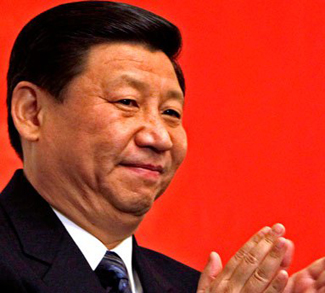Summary
There’s a lot that’s exceptional about this latest election cycle in the United States: vitriol from both candidates (perhaps not so exceptional), bombshell political interference from government agencies, threats of legal score-settling after the election, tampering attempts from foreign countries, and last but not least – the fanning of populist passions in an increasingly divided electorate.
These forces will remain long after all the votes are counted, regardless of who emerges victorious on Tuesday night. They will add to the partisan rancor that has descended over Washington in the past decade, making it impossible for either party to govern effectively. This means more bickering and more deadlock, putting effective economic stewardship out of reach of US lawmakers, and thwarting attempts at building a comprehensive foreign policy that maintains the international system the U.S. created after World War II.
Impact
Trump’s politics will outlive Trump’s political career. There is a well-established phenomenon that plagues democracies worldwide: when governing becomes impossible, theater fills the vacuum. A parliamentary brawl doesn’t suggest inflamed political passions of those involved; it suggests a dysfunctional system, one in which the players need to resort to gimmicks in order to garner attention for themselves and their agenda.
Theater has begun to wholly fill in for good governance in the United States. Congress is legislatively constipated on ‘no-brainer’ issues such as emergency Zika prevention and the maintenance of key infrastructure, let alone anything that carries the faint whiff of partisanship. It’s currently an institution that would rather shut itself down than vindicate the opposition with a legislative victory.




